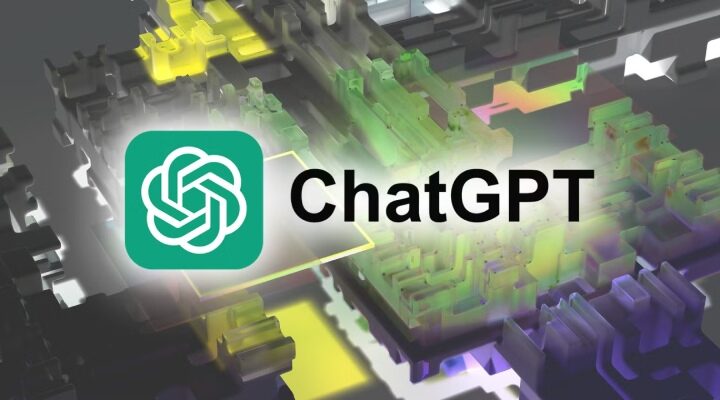AMD and Nvidia are getting ready to release gaming laptops with the AI Copilot Plus features that Microsoft just revealed for laptops with Qualcomm chips. Nvidia made a quick hint at Computex today about the arrival of Asus and MSI “RTX AI PC” laptops that will eventually come with Copilot Plus PC features.
As per Nvidia’s blog post, “ASUS and MSI’s recently announced RTX AI PC laptops feature up to GeForce RTX 4070 GPUs and power-efficient systems-on-a-chip with Windows 11 AI PC capabilities.” During a conference, Nvidia confirmed to The Verge that AMD’s most recent Strix CPUs will be included in these laptops.
AMD will surely reveal its AMD Strix laptop CPUs during its own keynote later today; the company hasn’t yet provided an official description of them. However, Nvidia has also hinted that Microsoft’s artificial intelligence features may not be available for the initial batch of AMD-powered Copilot Plus PCs at launch.
According to a blog post by Nvidia, “These Windows 11 AI PCs will receive a free update to Copilot+ PC experiences when available.” It also means that Microsoft may not be prepared to provide Recall and other AI-powered Windows features on AMD chips, or that Windows on Arm Qualcomm-powered hardware, which comes on June 18th, may have some exclusivity. In any case, we’ve contacted Nvidia to find out more about the meaning behind their brief statement on this free update.
Nvidia is also engaged in a kind of competition to be relevant for laptop tasks driven by AI. Nvidia is preparing to leverage its GPUs in this AI battle on PCs, while Microsoft is moving forward with offloading AI models to NPUs. With its emphasis on promoting “RTX AI laptops,” Nvidia is emphasizing that its GPUs can handle more demanding AI workloads than NPUs.
In June, an RTX AI Toolkit will be released, containing tools and SDKs for maximizing, deploying, and customizing models. With the use of these tools, a model akin to Meta’s Llama 2 may be optimized to run much more quickly and with much less VRAM.
Additionally, Nvidia and Microsoft are working together on the AI models that underpin Windows 11. “The partnership will facilitate simple application programming interface (API) access for developers to GPU-accelerated small language models (SLMs), enabling retrieval-augmented generation (RAG) capabilities that operate on Windows Copilot Runtime-powered devices,” states Nvidia.
While Nvidia says its work to accelerate AI models using RTX GPUs will be published in developer preview later this year, Microsoft revealed its Windows Copilot Runtime at Build last month. With the help of Microsoft’s Windows Copilot Runtime, developers can easily incorporate AI-powered features into their apps. However, these capabilities rely on NPU hardware, or shortly, Nvidia GPUs.
Developers should take note of the significant performance differential between NPUs, which are currently at roughly 40 TOPS, and Nvidia’s PC GPUs, which can handle over 1,000 TOPS for AI acceleration. While GPUs can handle larger models with more performance in PC desktops where battery life isn’t important, NPUs are designed for smaller models and important high power efficiency in laptops.
Watching this AI battle on PC shakeout will be interesting, especially since Microsoft has the power to provide these experiences for Nvidia, AMD, Intel, Qualcomm, and many of its OEM partners natively in Windows.
- A huge price drop has been announced for the iPhone 15 256GB variant. Check the deal here for the cheapest price - December 17, 2024
- After becoming world chess champion, Gukesh talks about his future: ‘I’m aiming to be the world’s best - December 16, 2024
- Details on Apple’s own Bluetooth and Wi-Fi chip for iPhones and smart homes - December 14, 2024









